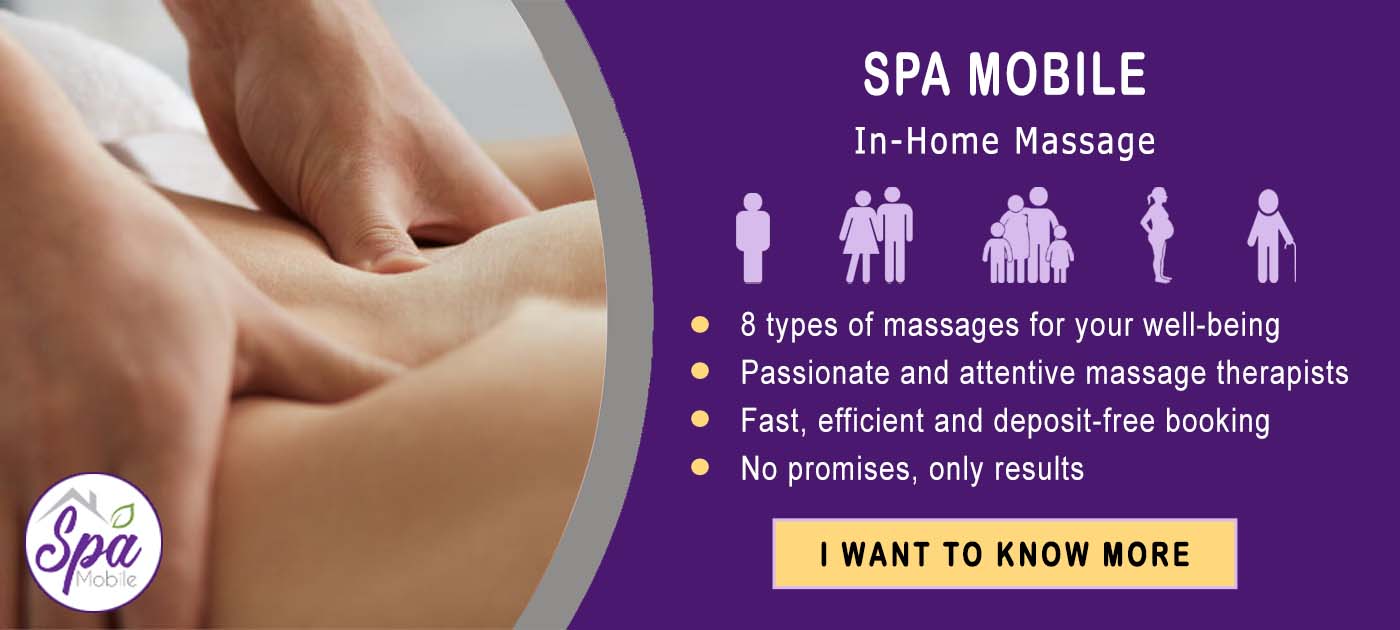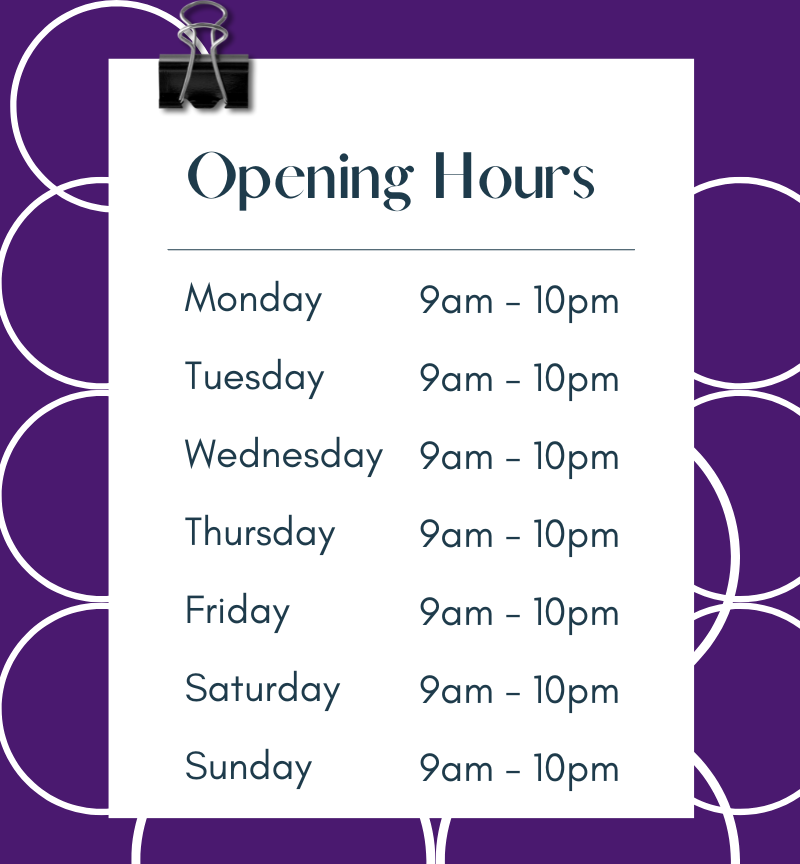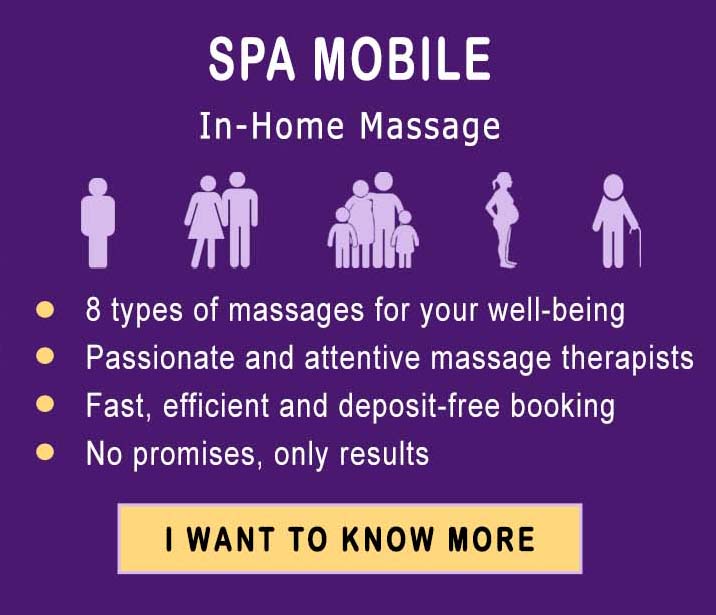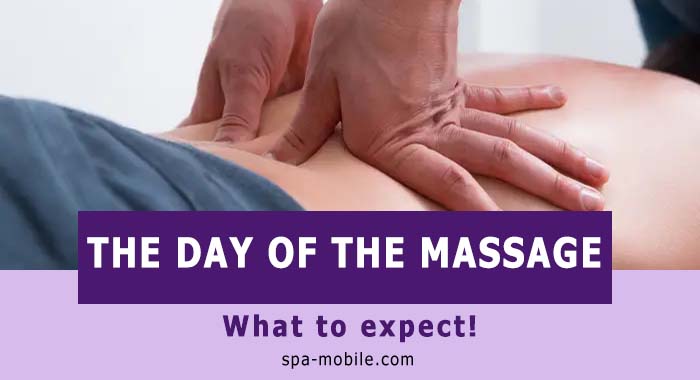Do you take drugs when you are stressed?
Are You Drowning Your Anxiety With Alcohol Abuse?
Did these solutions put an end to your stress or anxiety?
Quite the opposite, stress can contribute to your addiction.
Many substances can temporarily relieve the effects of stress—substances like cocaine or other potent drugs that activate both the stress response. Once the pleasure of using the substances wears off, the stress lasts until you cope with it effectively.
Also, if your resources to deal with it are not sufficient or if someone you love is struggling with drug and alcohol abuse, we encourage you to learn more about stress treatment options. Understanding and acceptance without judgment is always available and is the first step towards healing.
Stress is a physical or emotional reaction you feel when you experience changes in your life, especially when you expect a result about something or someone. Some stress can be beneficial, helping you overcome and master a new challenge while elevating you to a new skill level. Instead, this kind of stress is prioritizing doing things in a particular order and time.
However, too much stress can affect your mental and physical health and make you feel exhausted. Stress can also contribute to relapse from drug and alcohol abuse.
This is why you must learn to cope with stress without drugs and alcohol because the effort is worth it for your overall health and to protect your sobriety. Here are seven ways that can help you do it.
1. Identify the source of your stress
Take a moment to think about what is happening in your life right now. If you could wave a magic wand and make your sources of stress go away, what would they be?
Identifying your source of stress or what is giving rise to your focus gives you perspective and some power over it, whether things like a due date cause it, an unmade pile of laundry, an exam. Coming or an argument with a loved one.
Seeing that you are the creator of your stress allows you to understand that it is not the fault of others or things.
2. Accept what you can control
Some stressors are things you can’t control, but many stressors give you some degree of control.
If this upcoming exam bothers you, then you are in control of what and when to study.
If the sink full of dishes is causing you undue stress, you may decide to work on this for 15 minutes to get going or have someone help you.
3. Understand that you have limits depending on your priorities
Failure to create or protect your boundaries can leave you vulnerable to undue stress.
You have to remember that it’s okay to say no sometimes, and it’s okay to protect your time because it is yours.
Saying no that first time might not be easy, but you won’t hurt people’s feelings as much as you imagine, and you will avoid adding to your existing stress load.
If you have a hard time saying no, then say yes, but that means no. For example, why not answer? I would like to do that and adding your reasons afterwards.
4. Take the time to do what you love
Even if it’s only for half an hour, taking the time to cook a pot, play the guitar, dig in the garden, or watch an episode of your favourite show can remind you of the value in it. Has to do things you love.
Spending some time doing your hair, singing, talking to a friend on the phone, or reading a book can help you cool off and de-stress.
The truth is, saying you don’t have the time means that some things are more enjoyable to do than others. It is never a question of time but a question of personal preferences.
5. Make physical activity part of your day
Getting up and moving around is essential for your physical and mental health.
A 15-minute lunchtime walk or half an hour of garden work can help relieve some tension and get you out of your mind for a while.
You don’t have to train for a marathon to enjoy it, and going for a dog walk is enough to redirect your energy and improve your mood.
Also, if you say you don’t have time to take care of your health, you will eventually have a lot of time to take care of your illnesses.
6. Avoid making yourself vulnerable to excessive stress
The little things can make you considerably more susceptible to stress. Sometimes they cannot be avoided, but often they can.
Getting enough sleep, eating breakfast before going to work, and controlling caffeine intake can help you cope better with everyday stress.
Positive health habits can make a difference in how stress affects you.
7. Choose a relaxing massage regularly
Why not take advantage of a relaxing massage at home every month or regularly? Not only will it be good for you physically and mentally, but you also don’t have to move from your home.
Living a stressful life using drugs or excess alcohol can be very difficult for you, but continuing to live the same way is worse. It could make your condition worse with issues important to your health and relationships.






